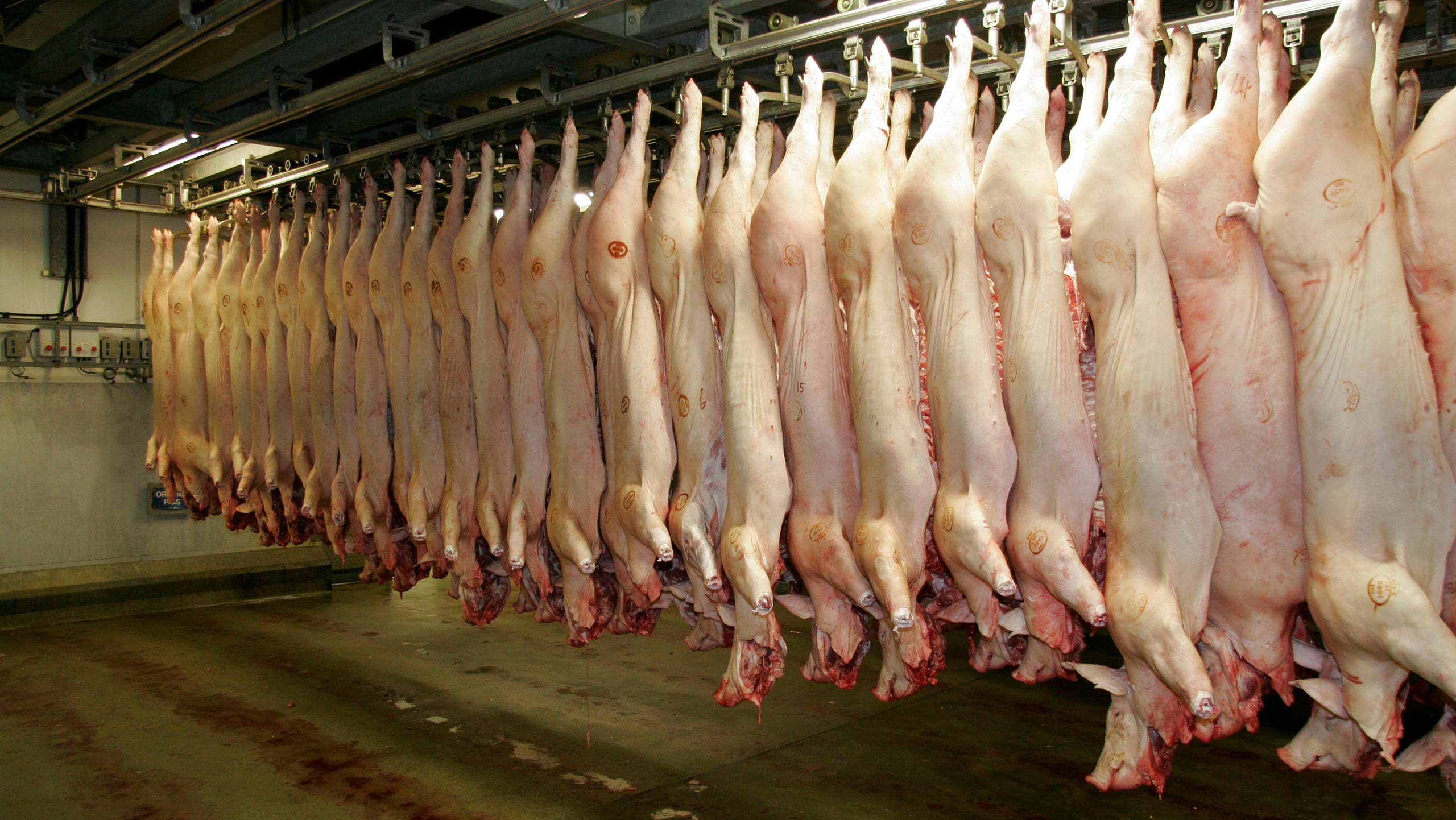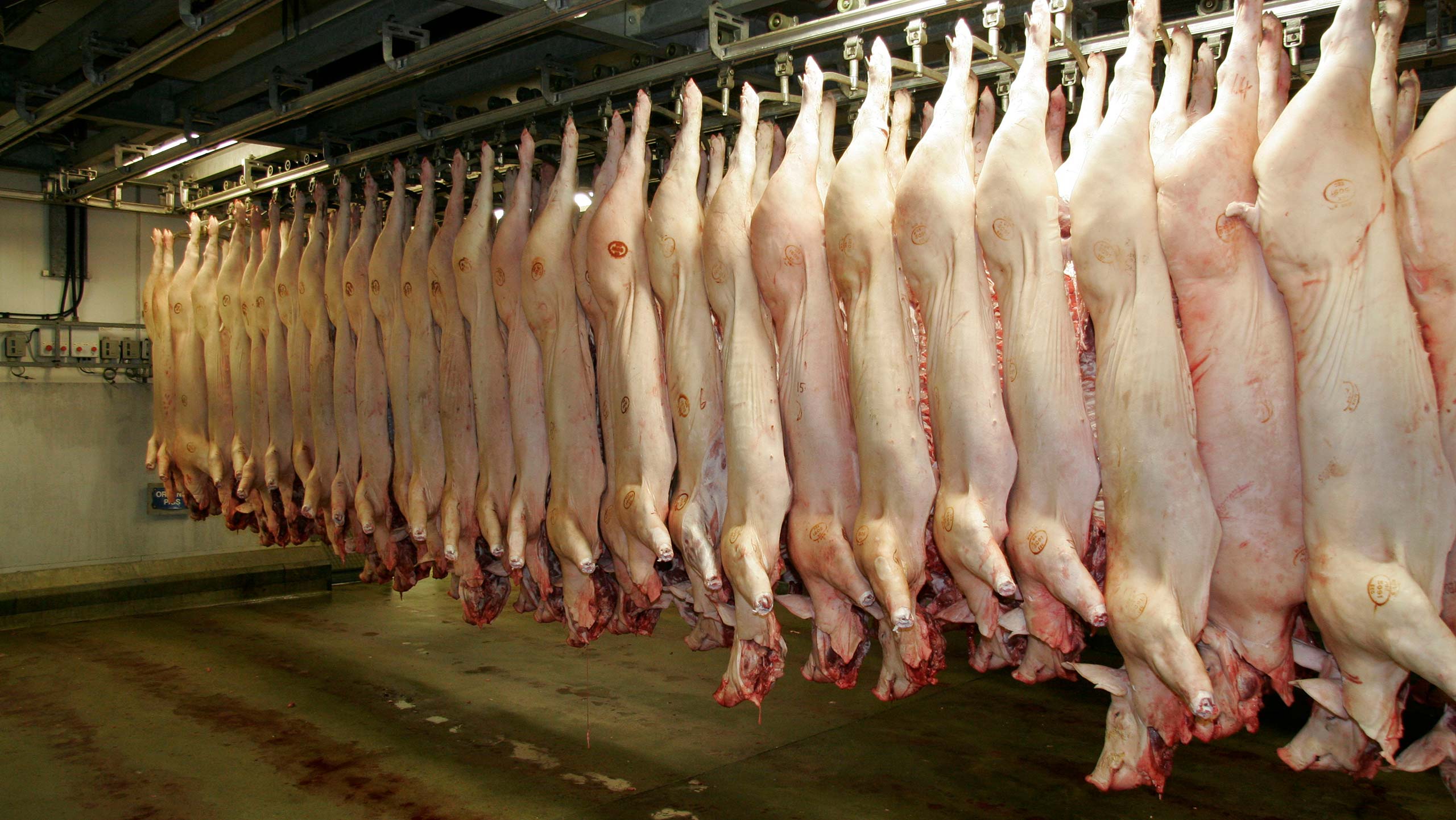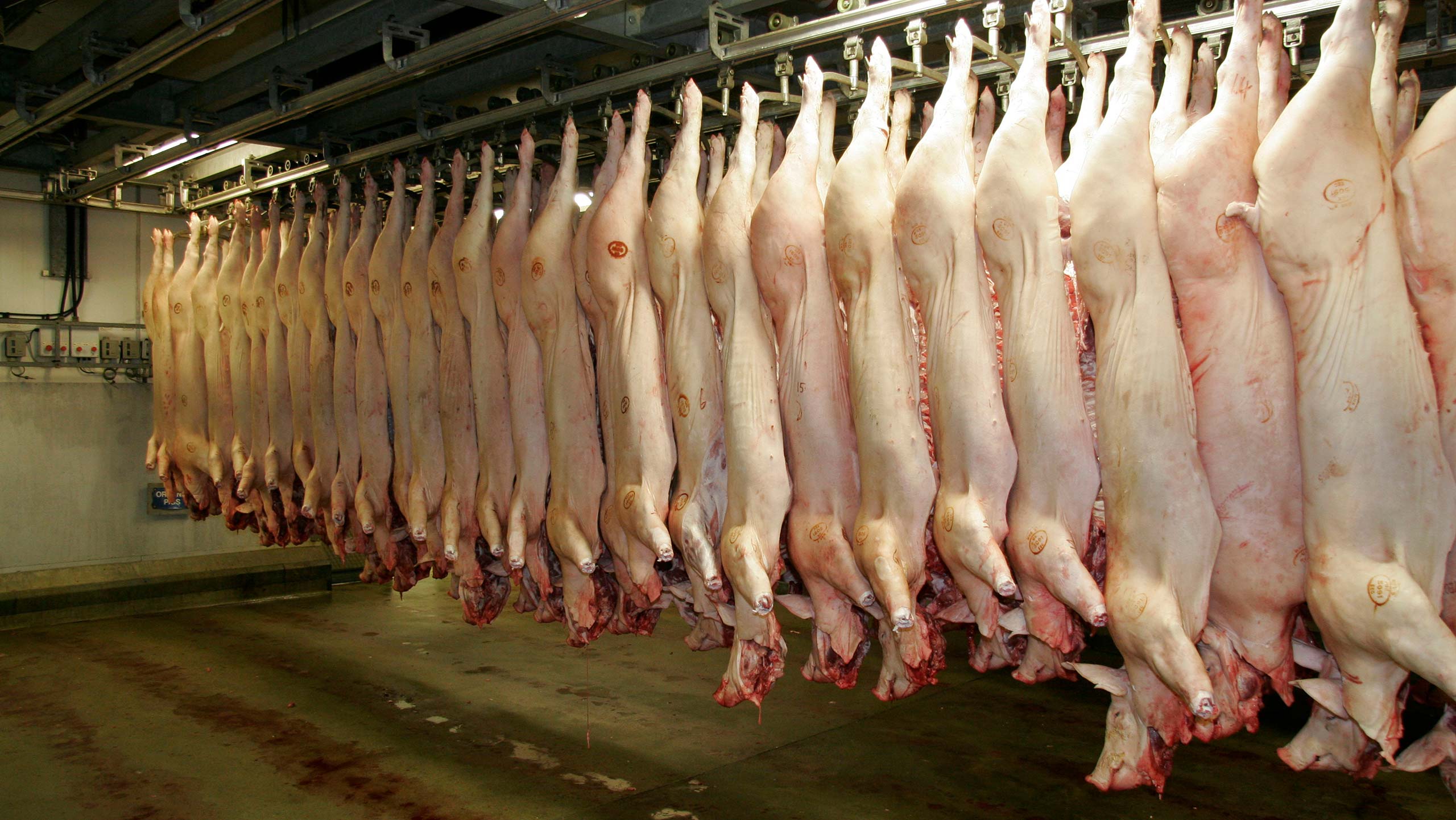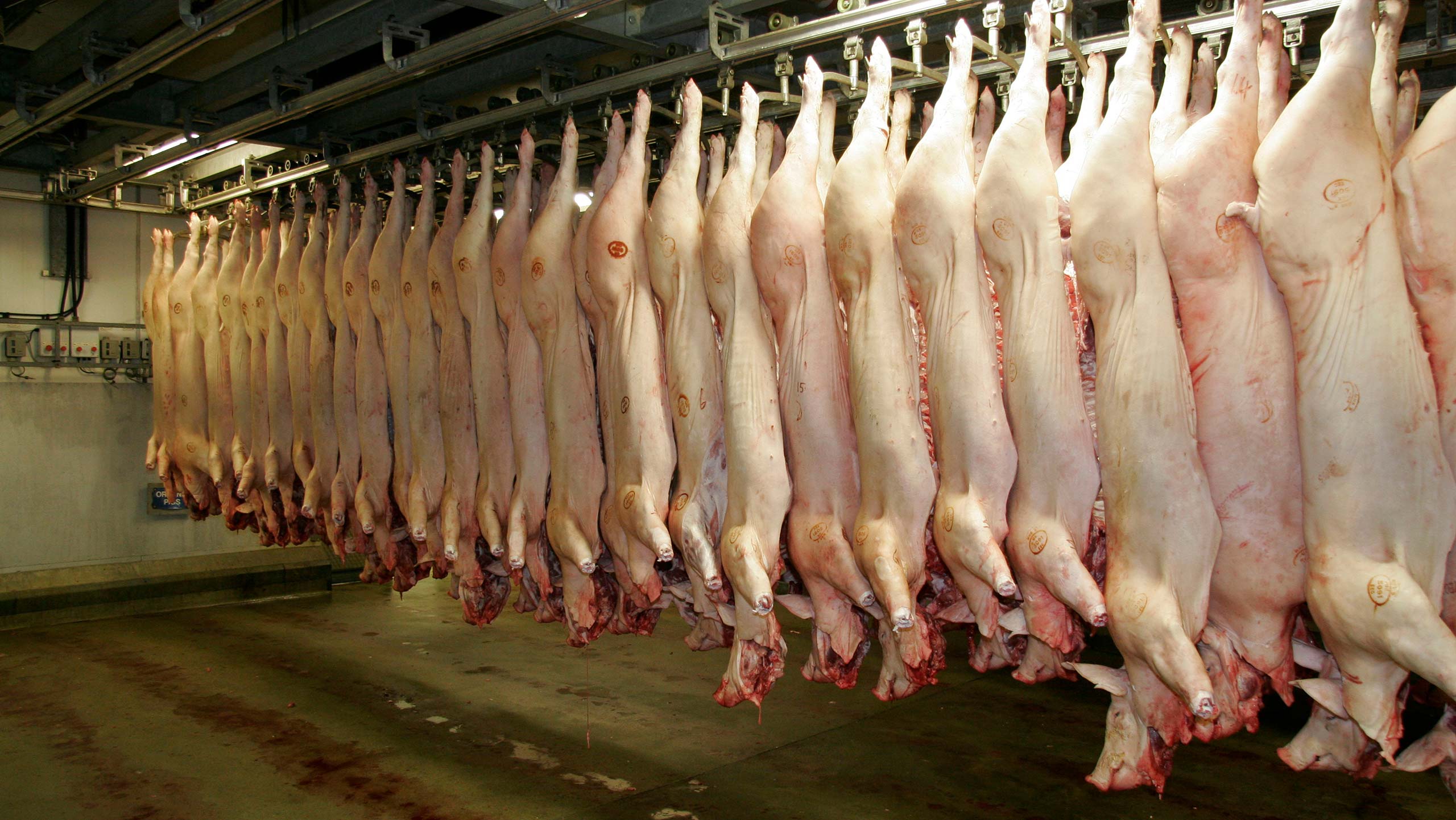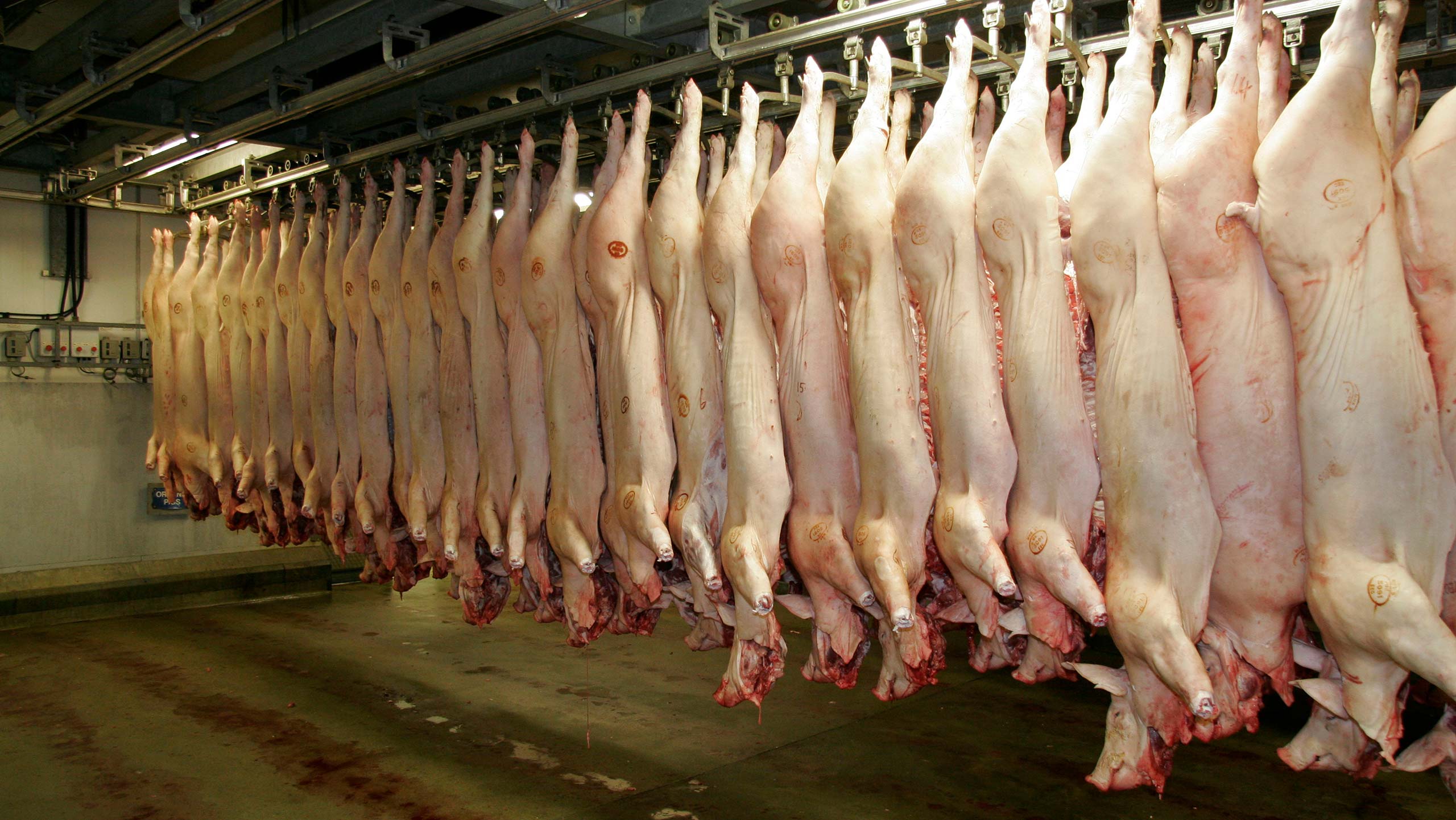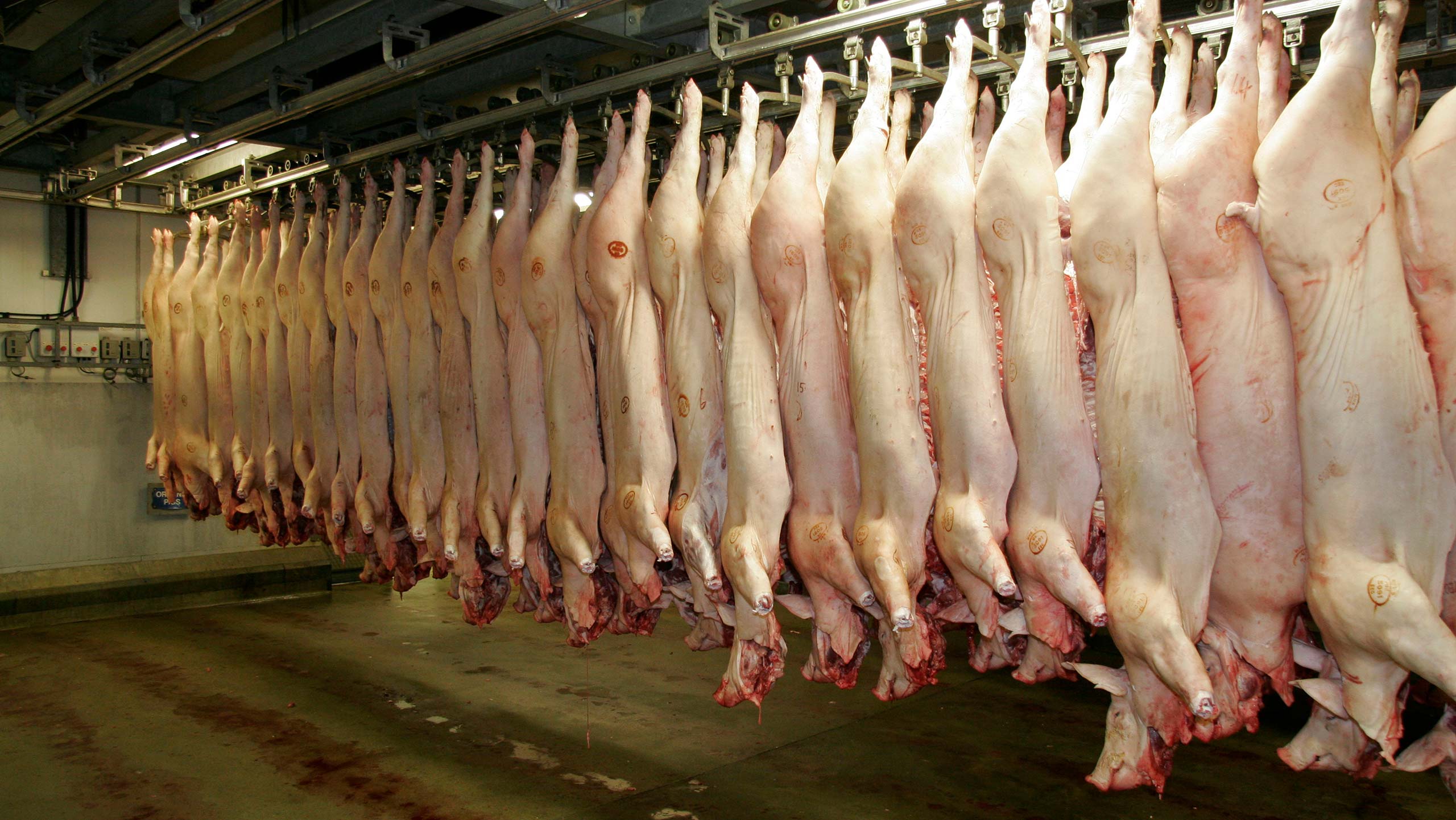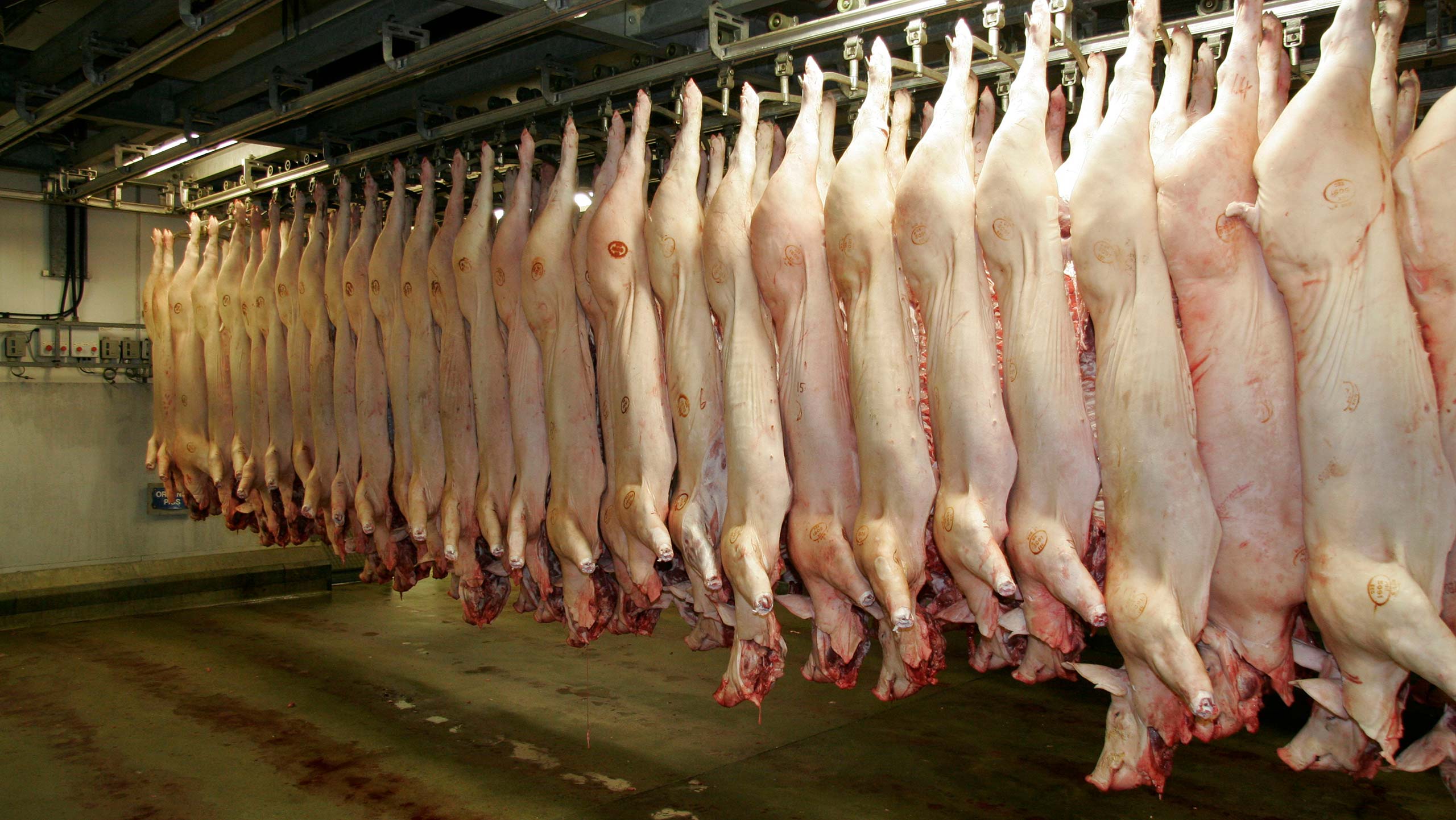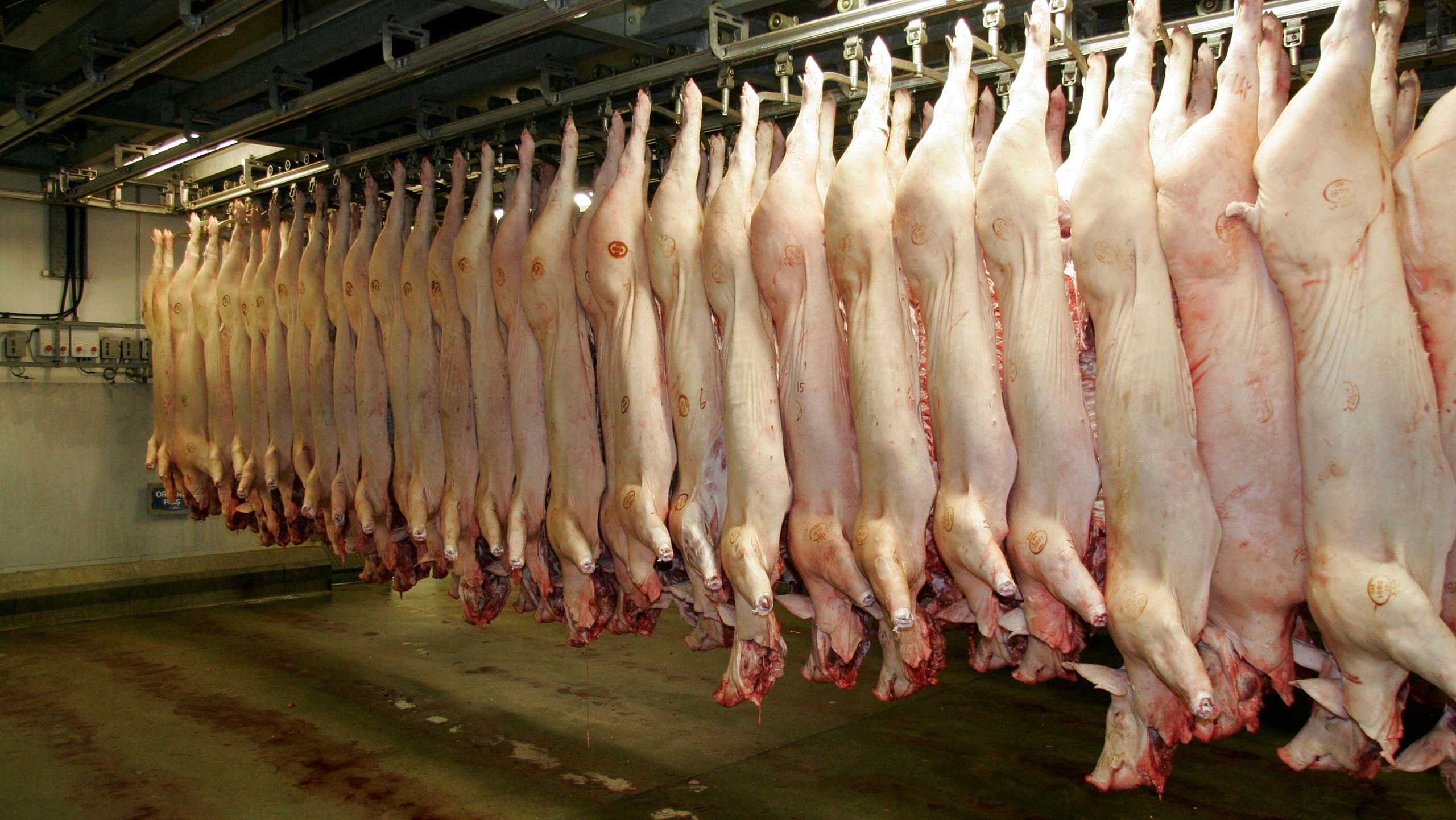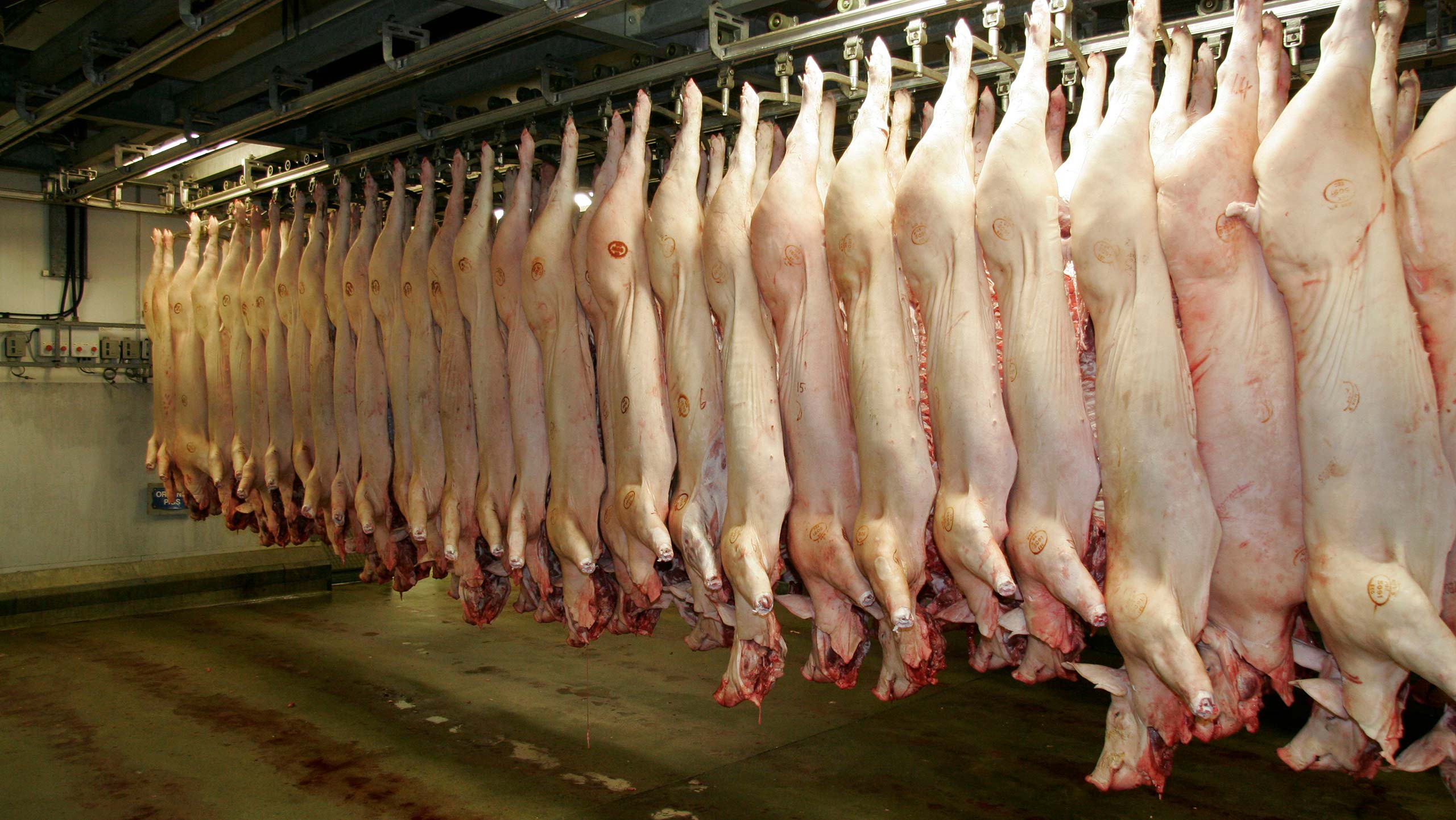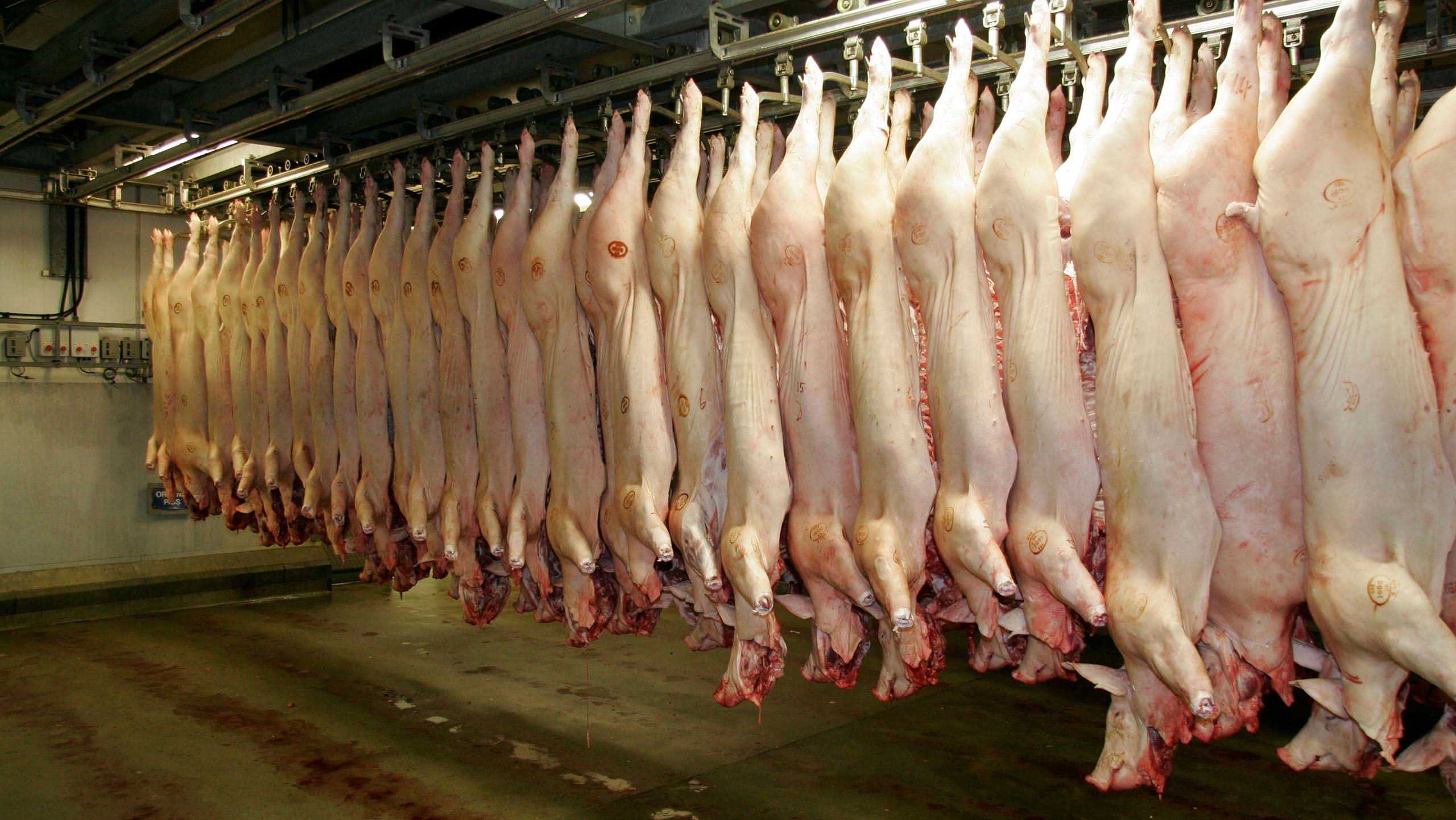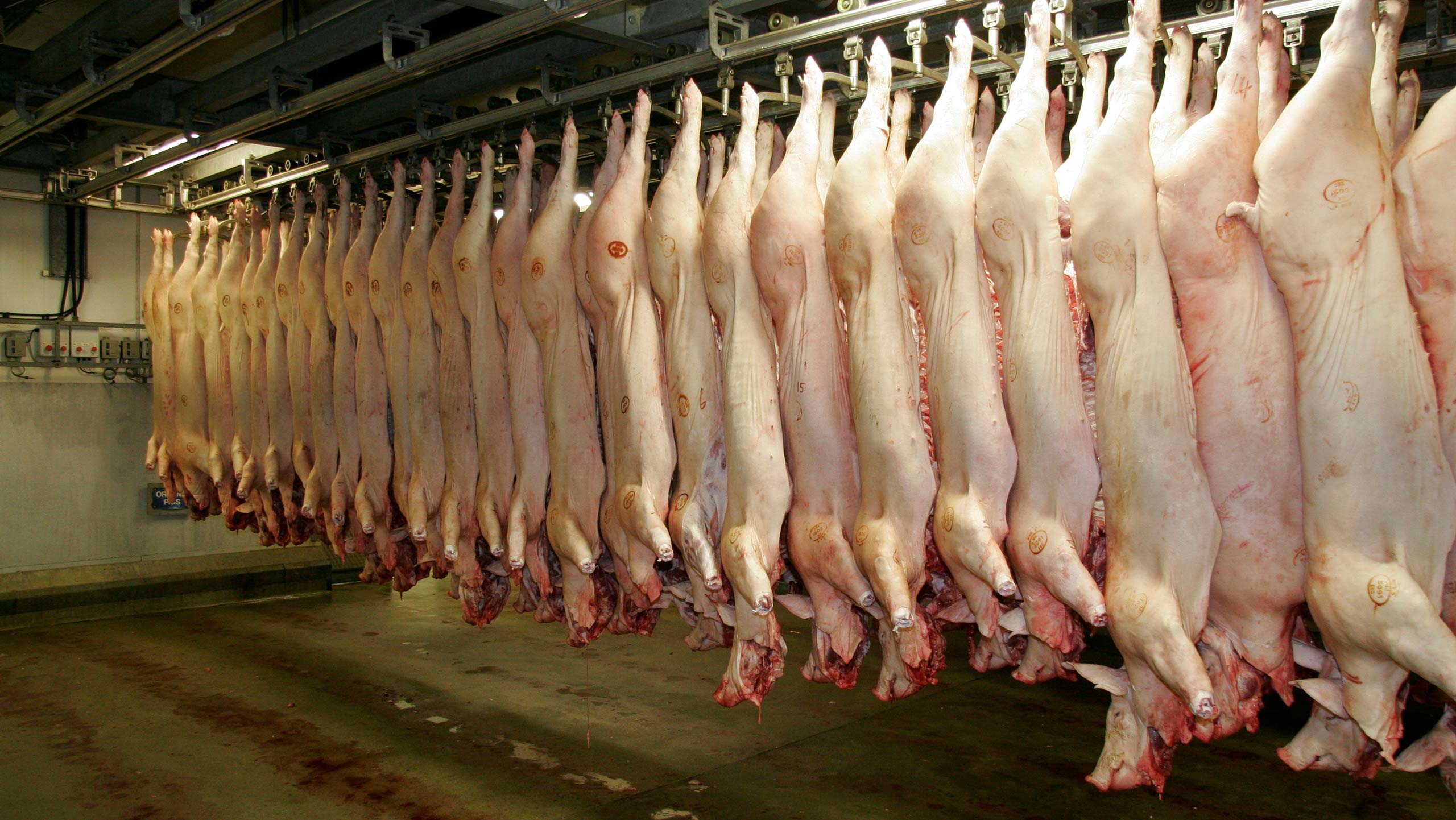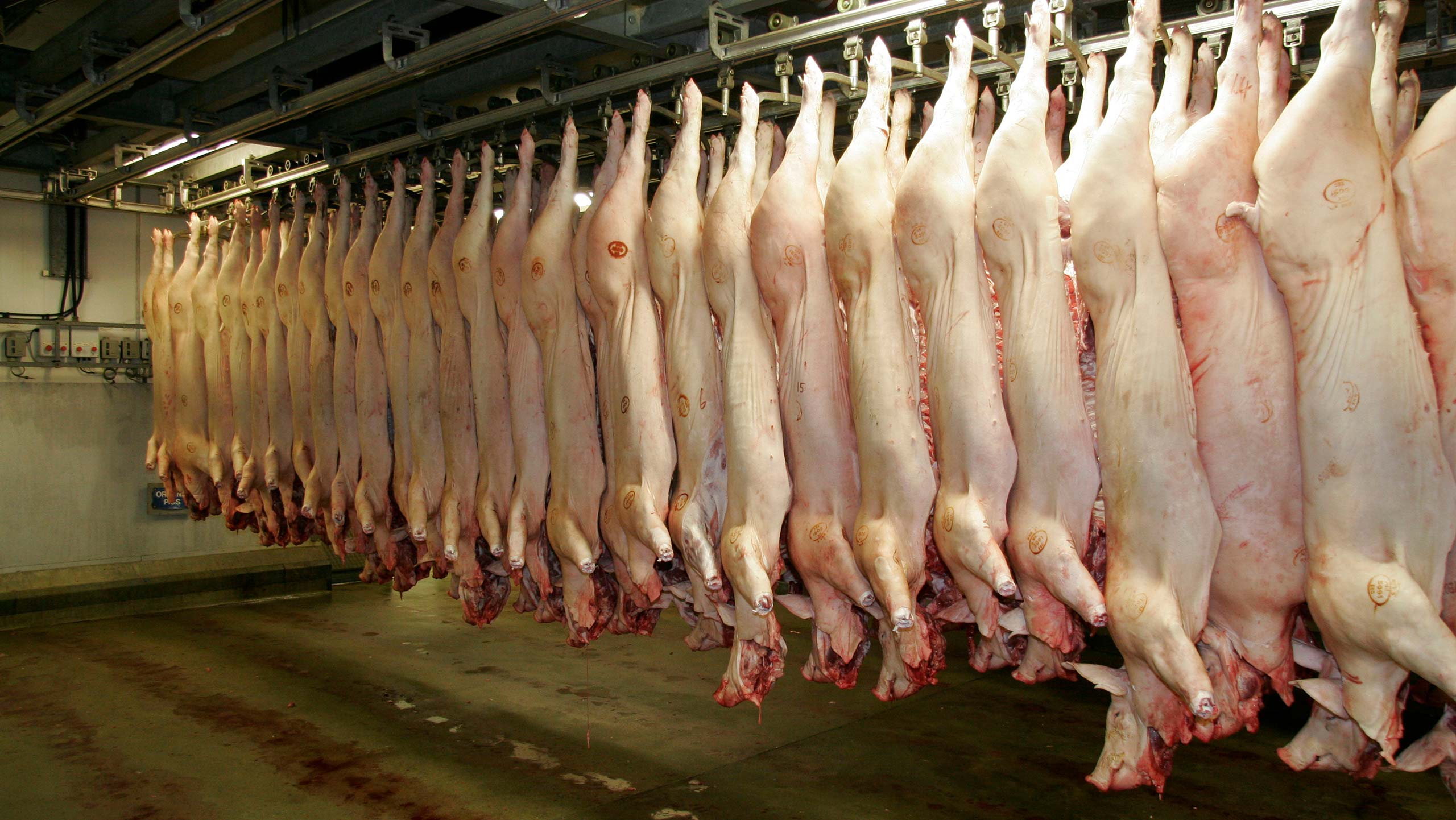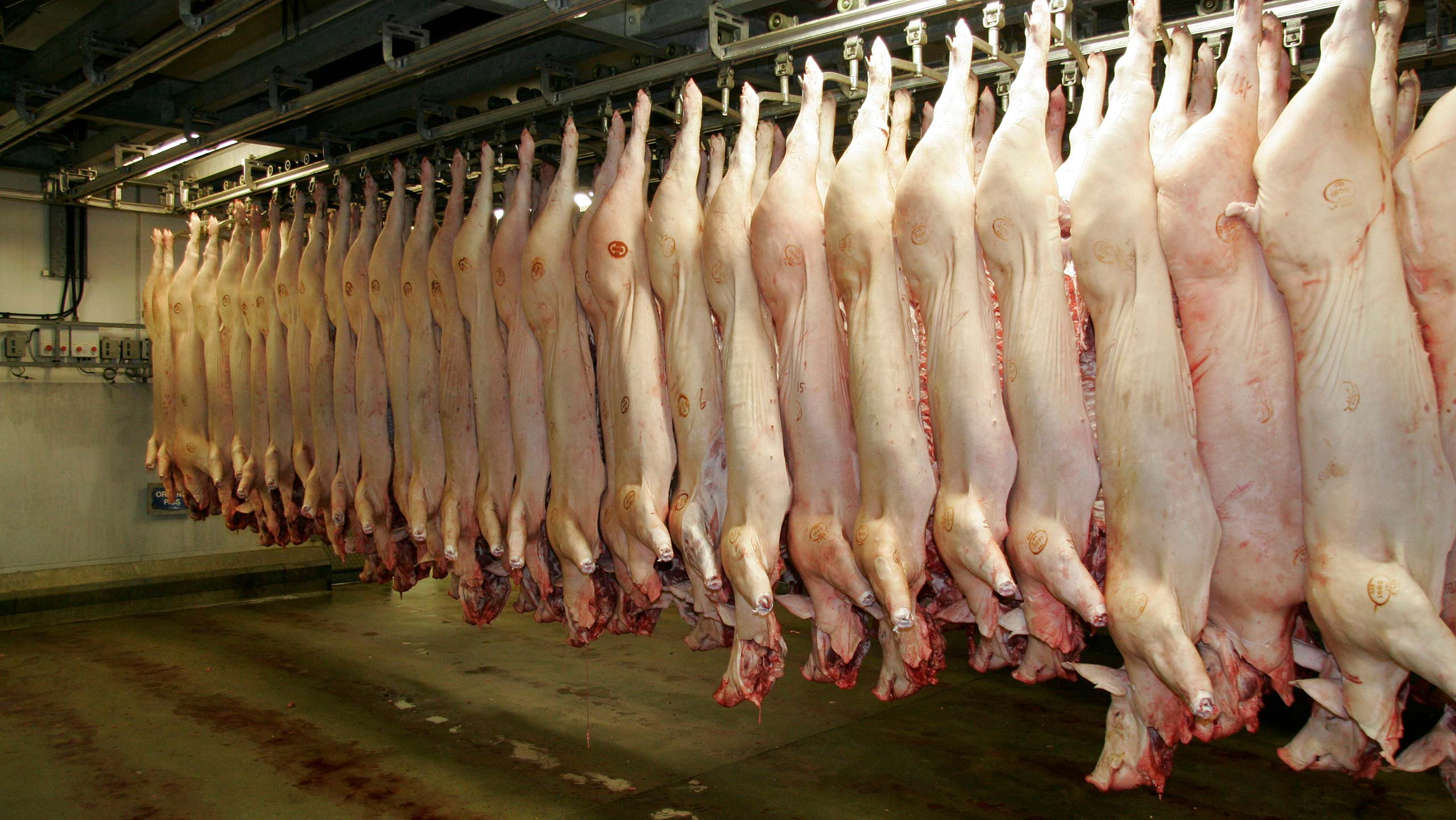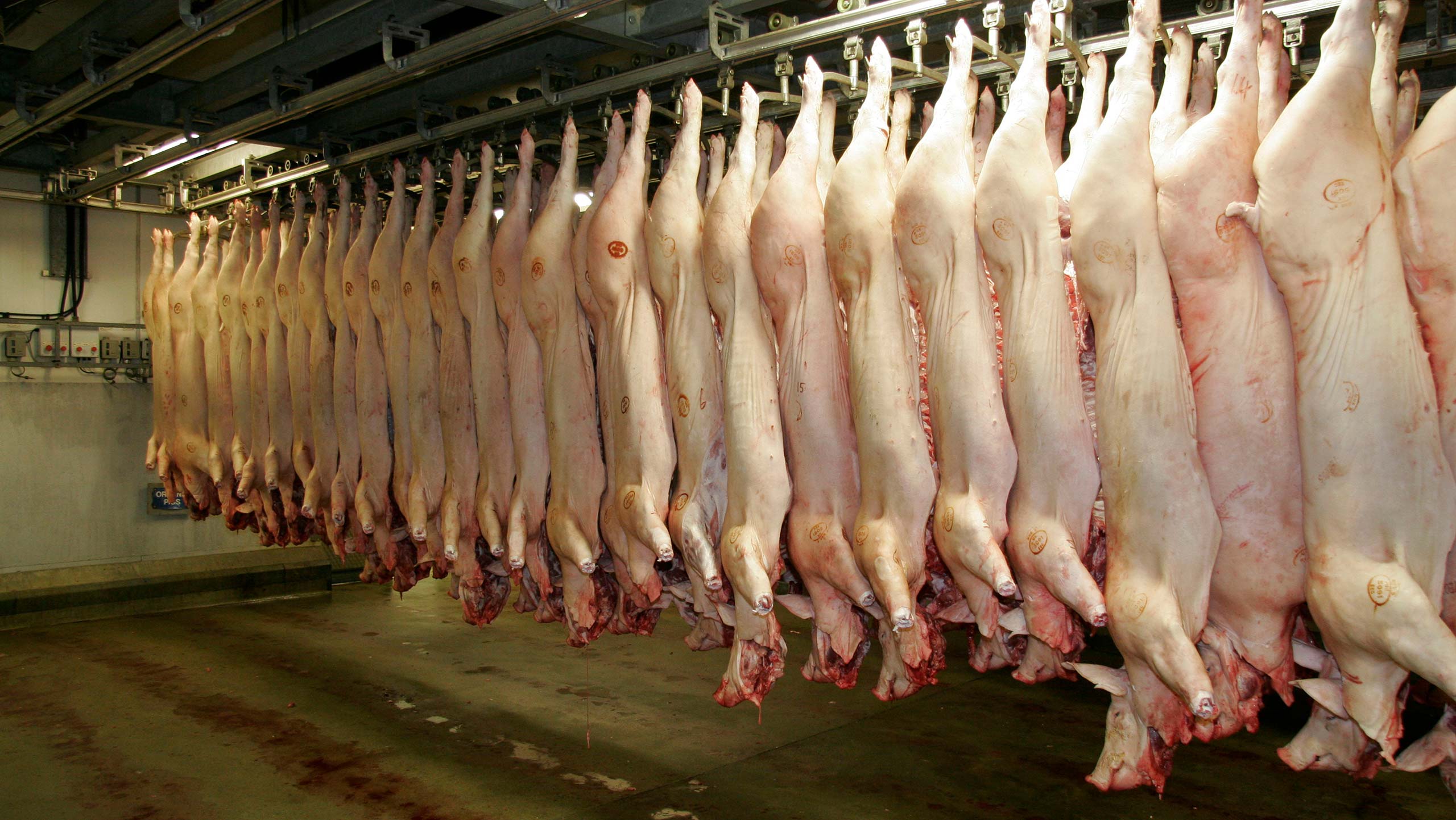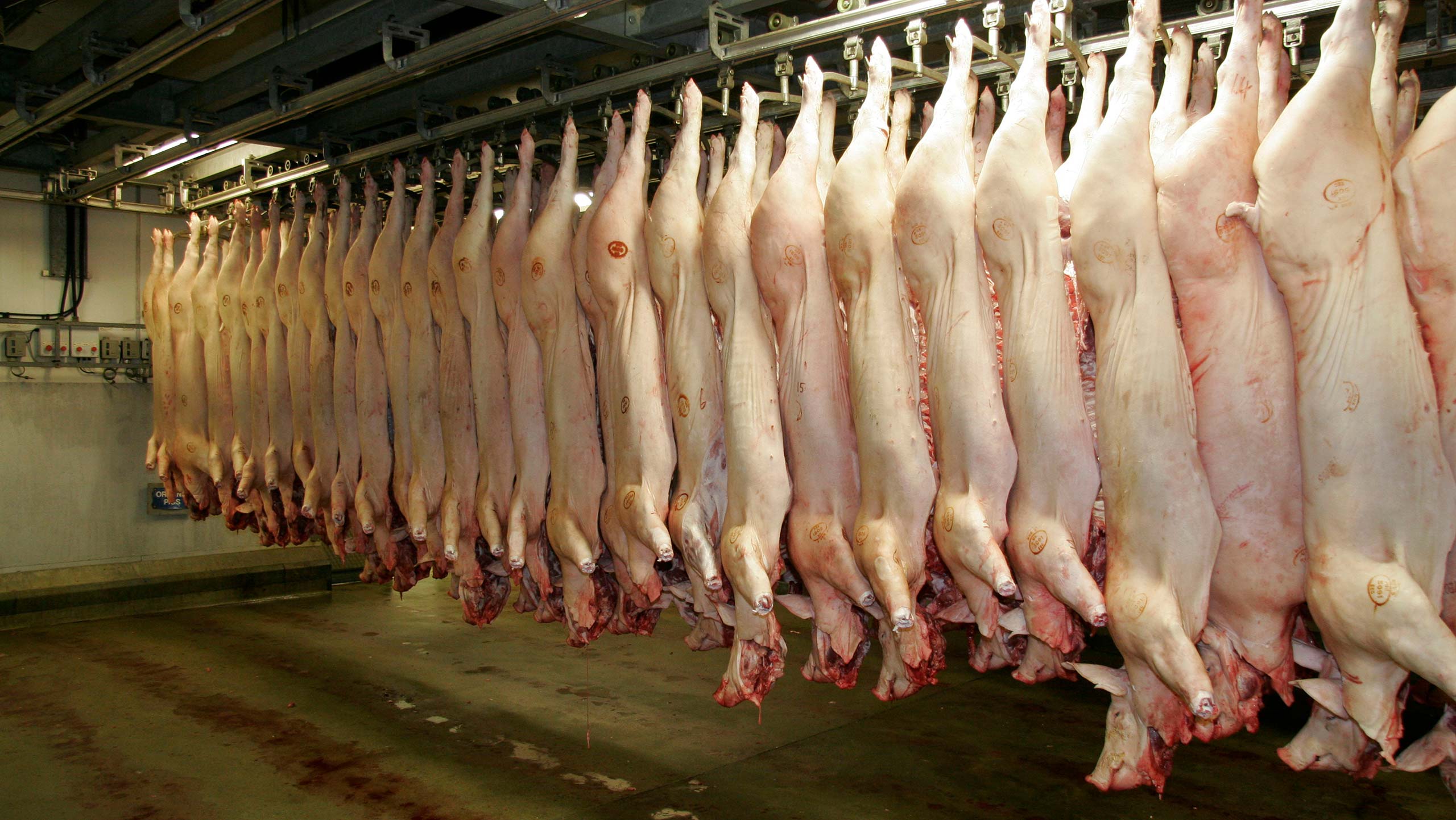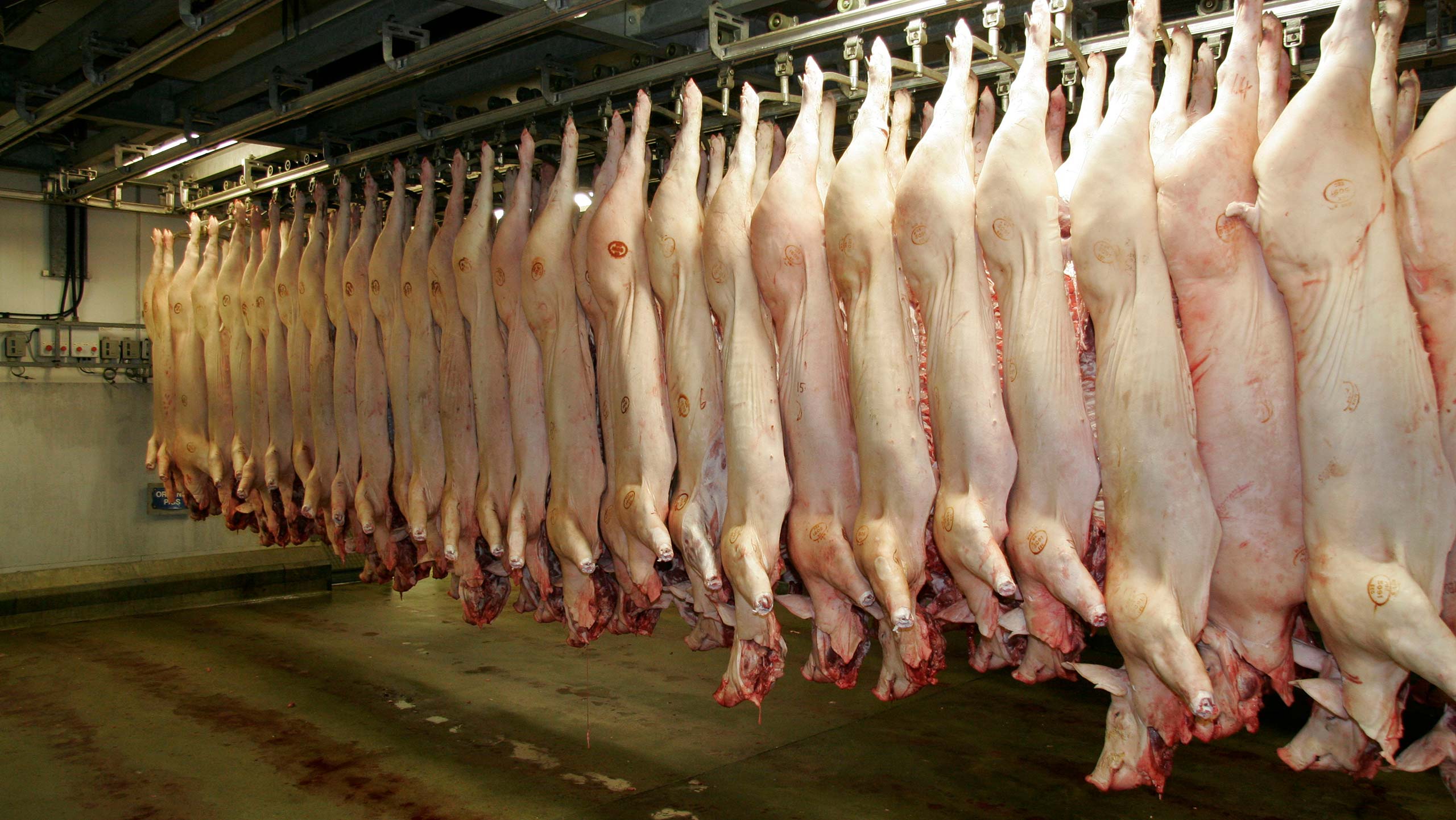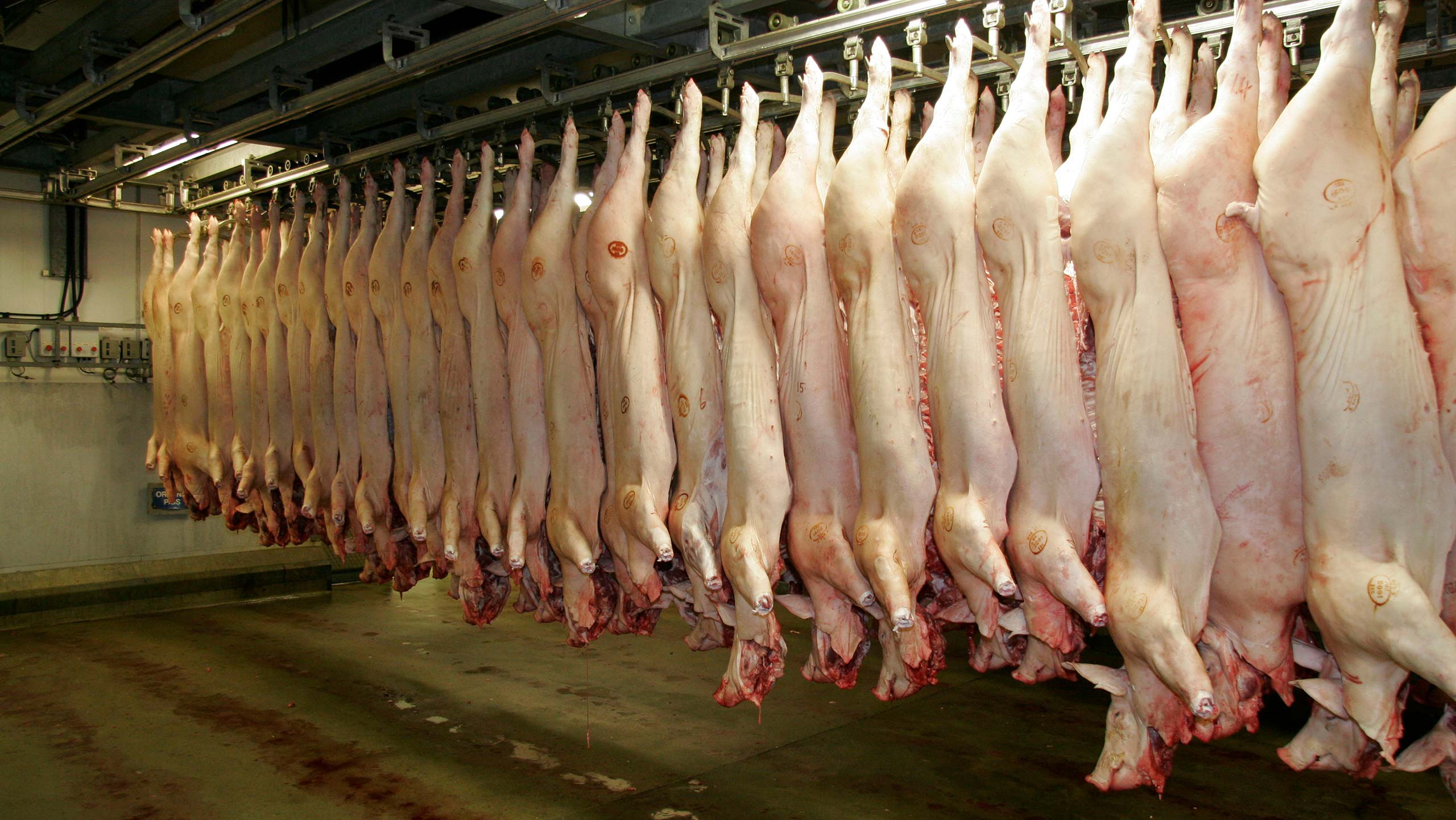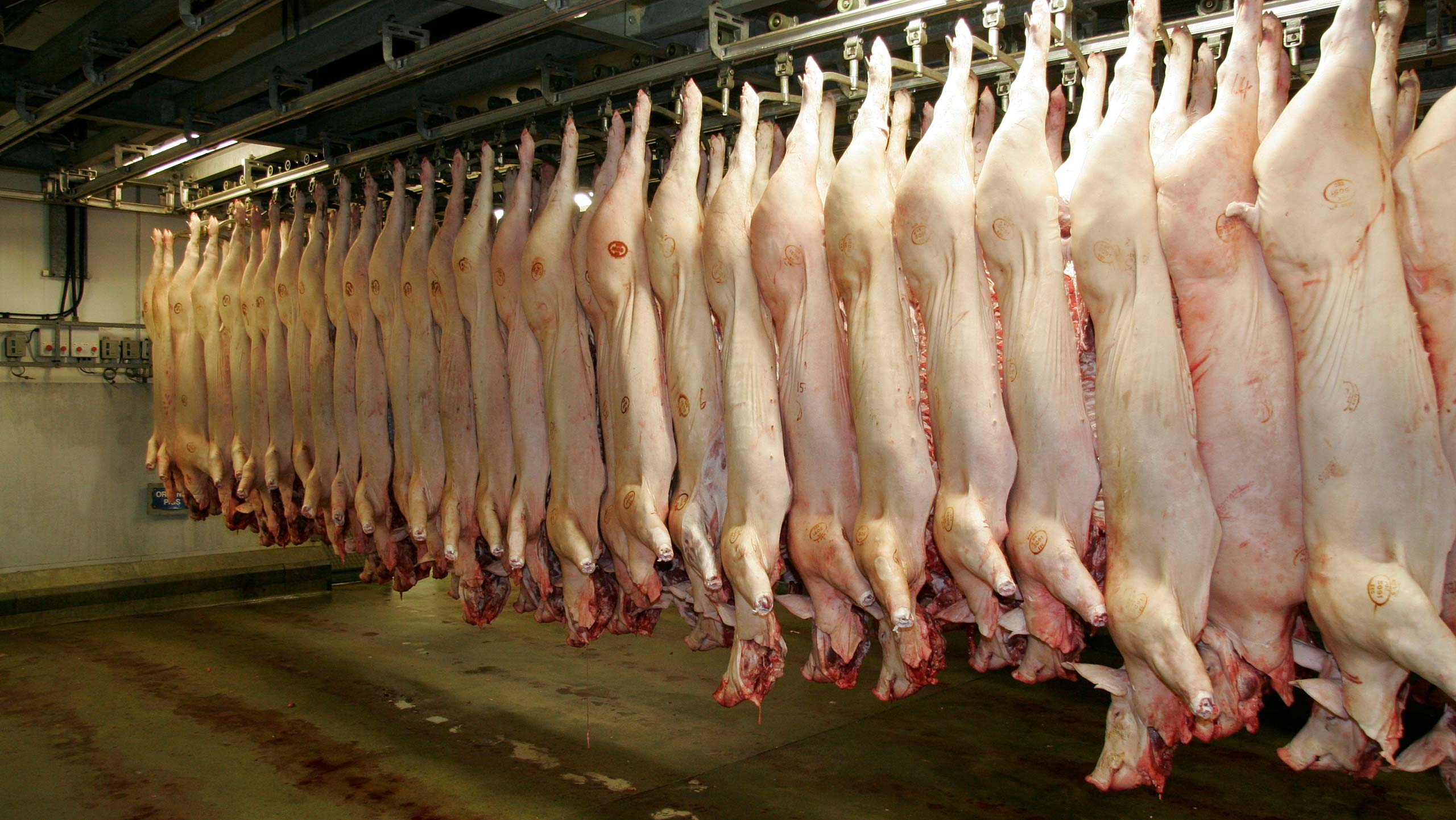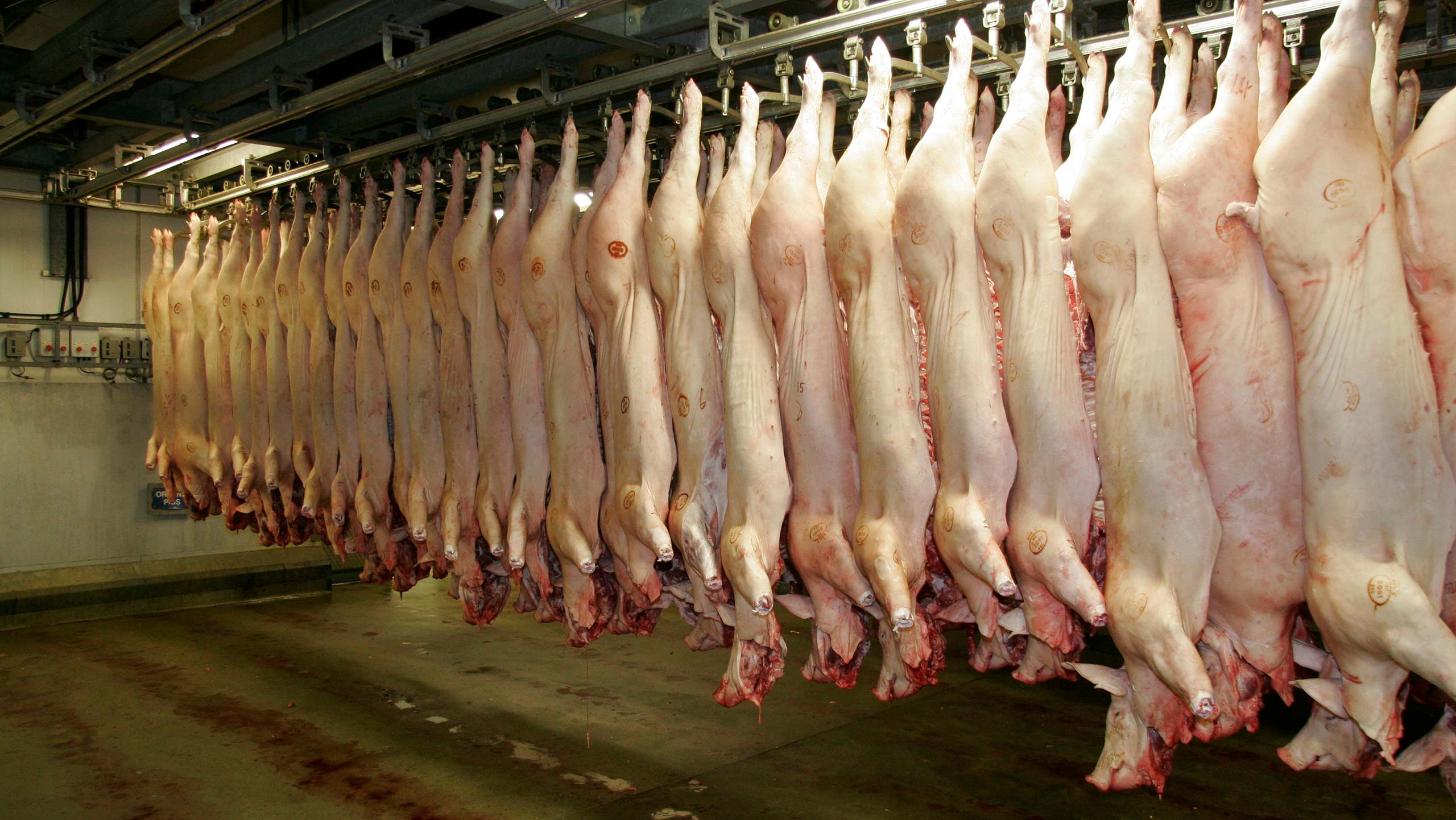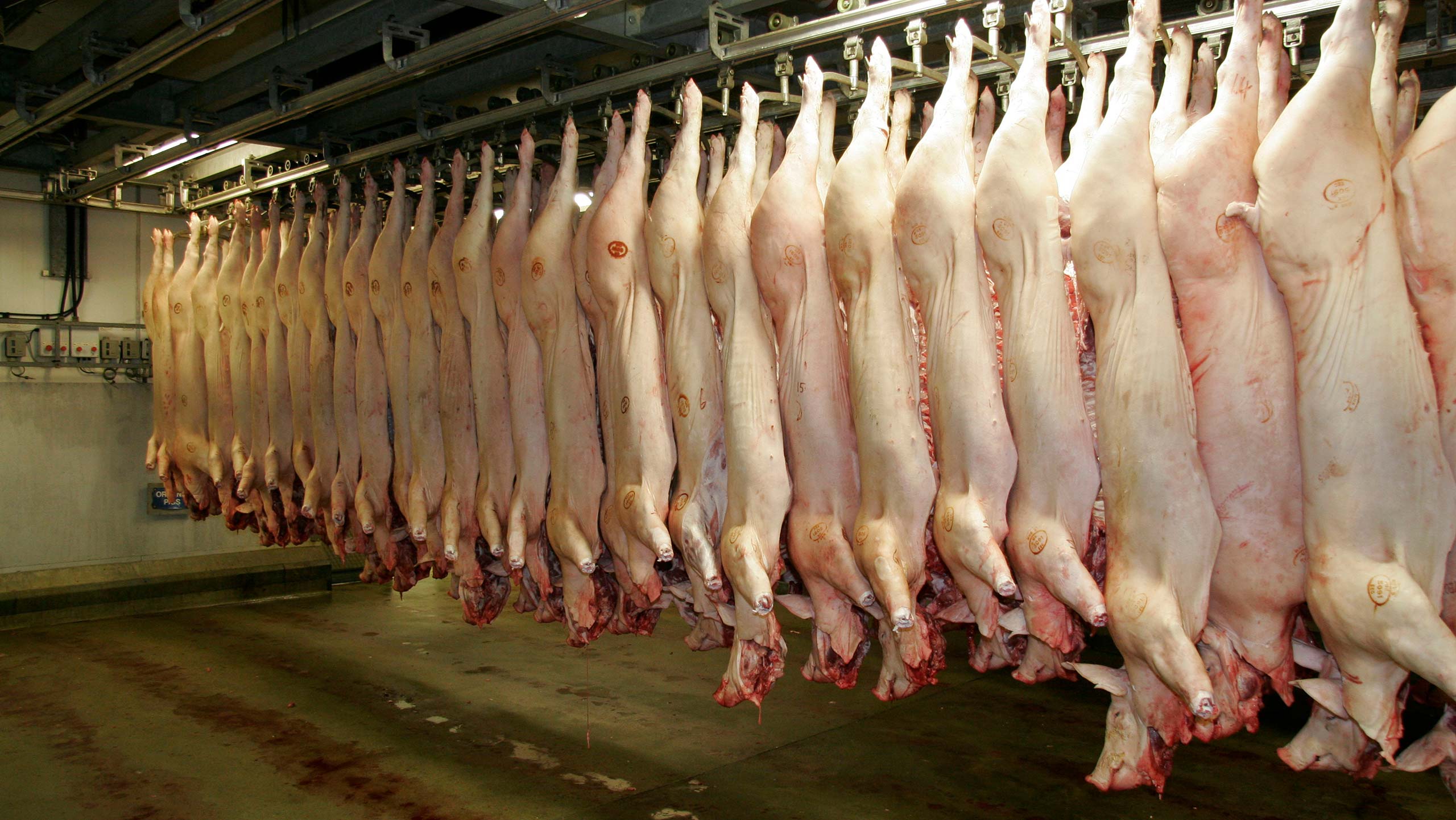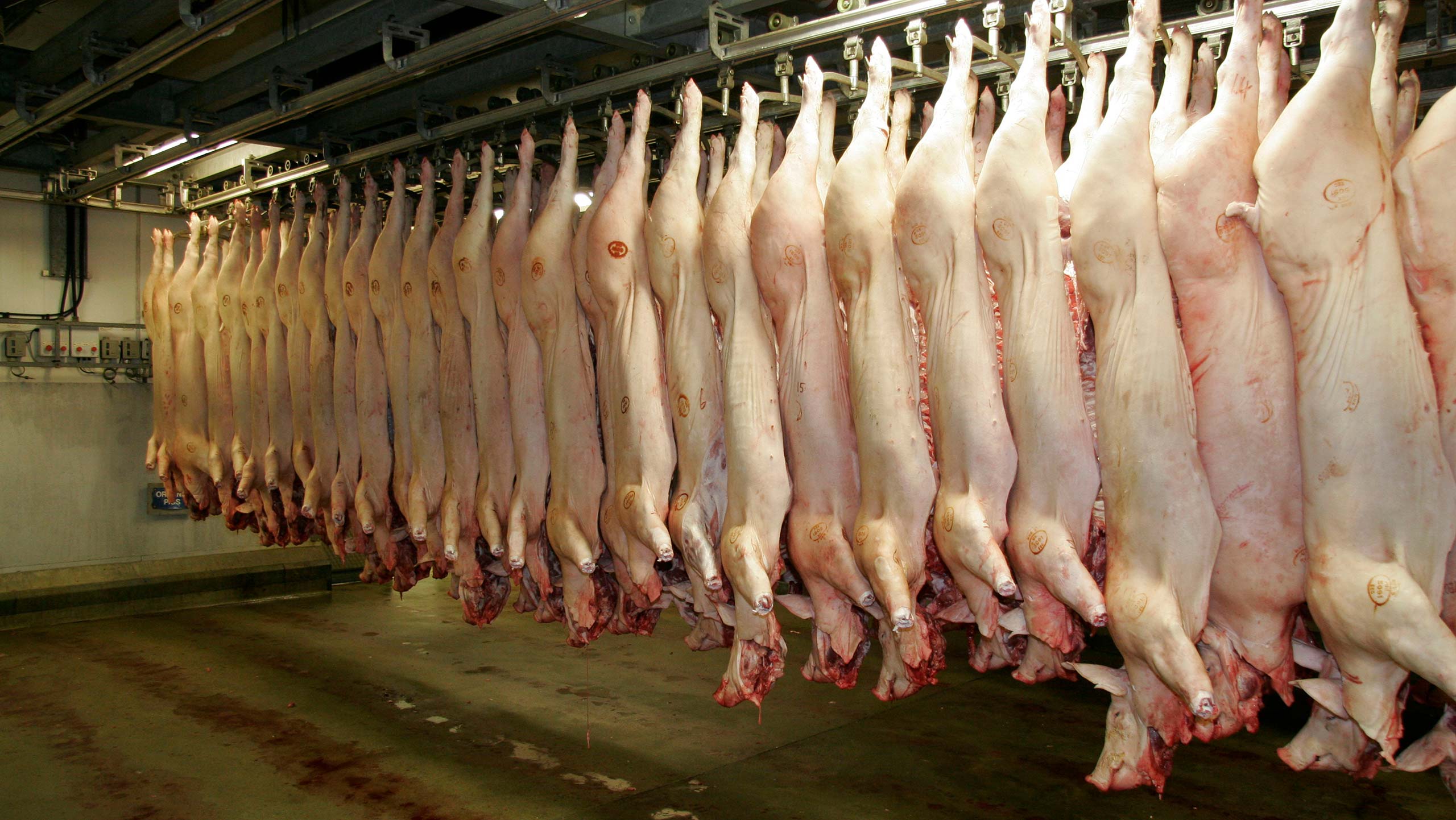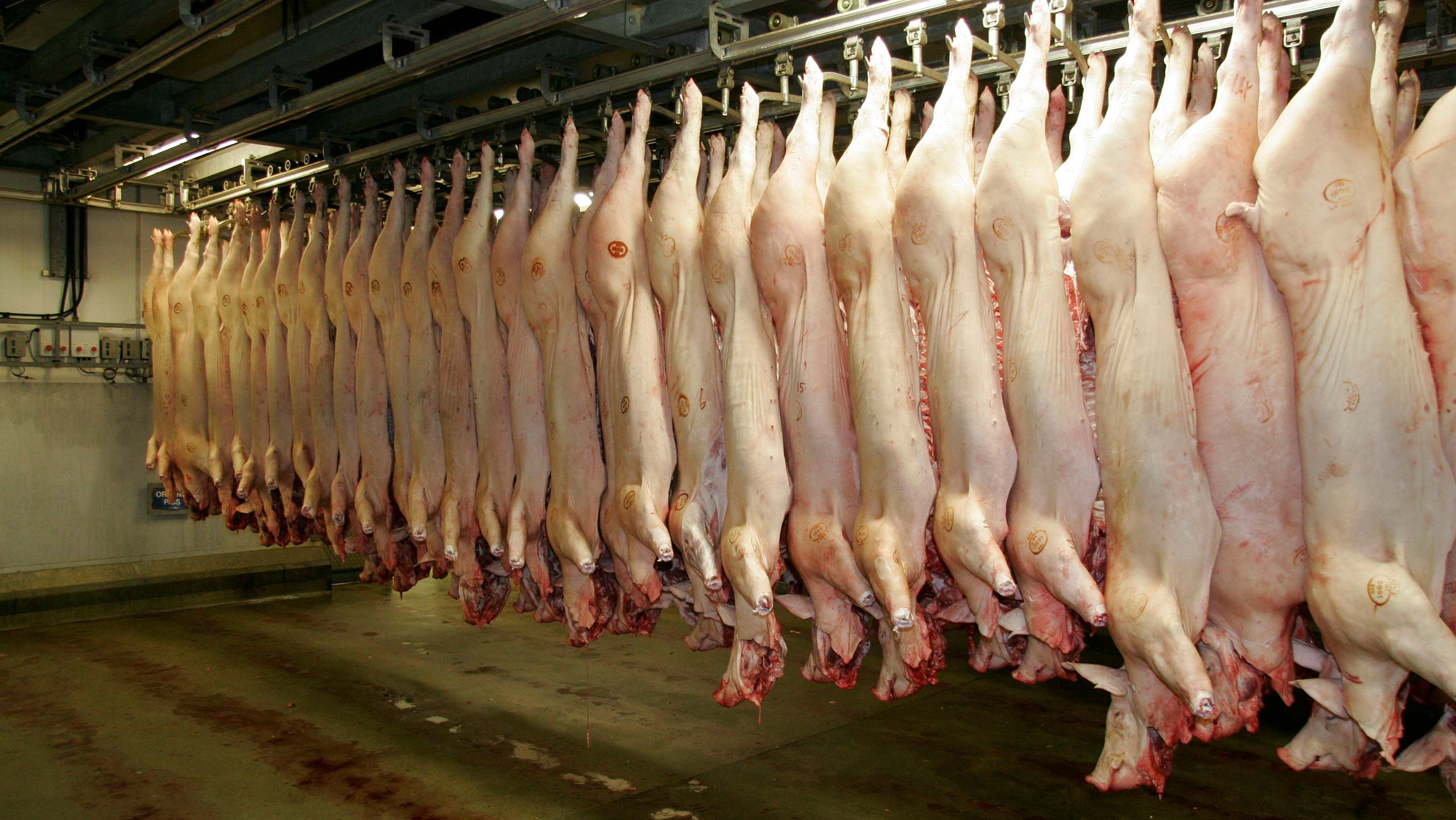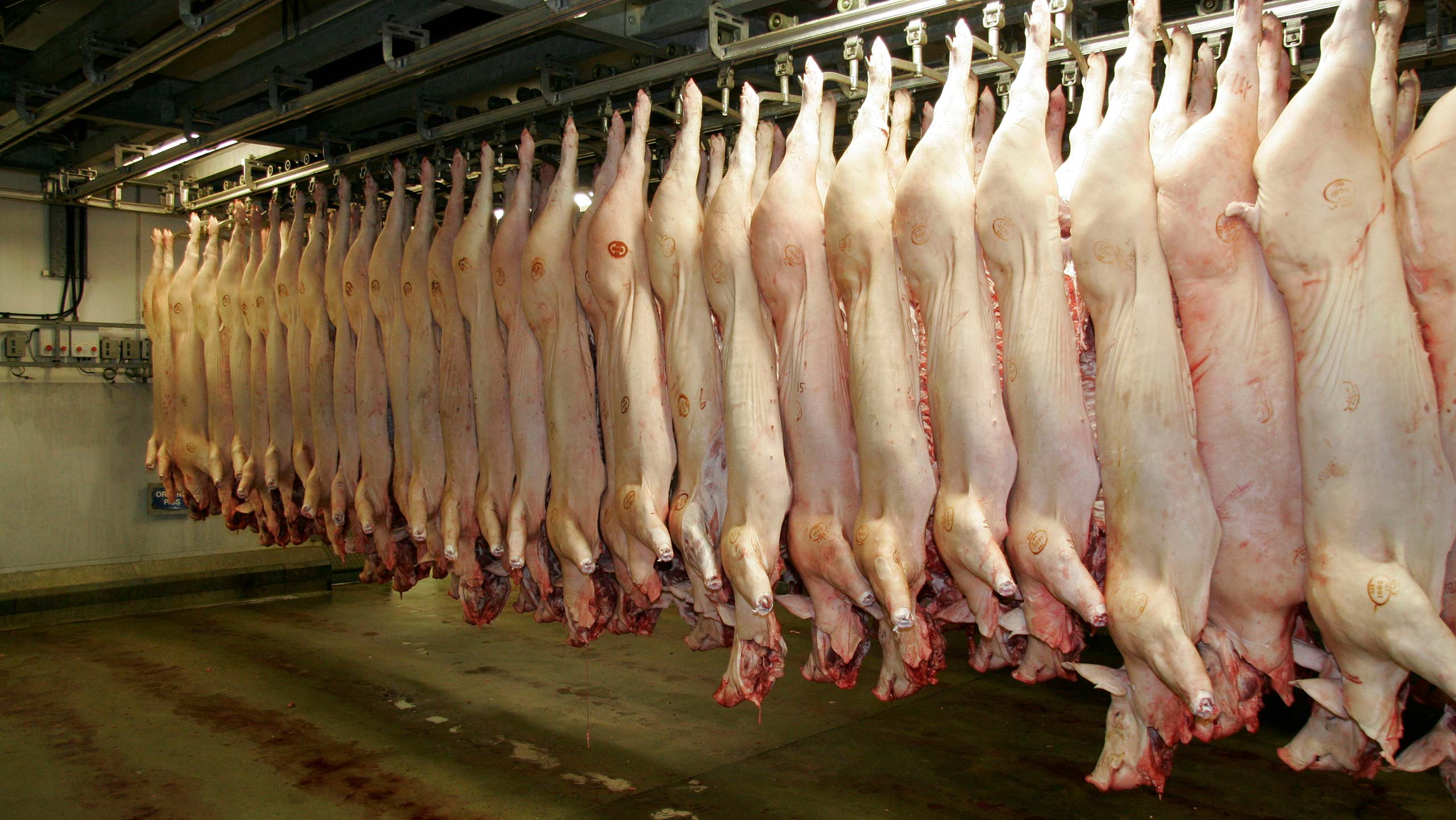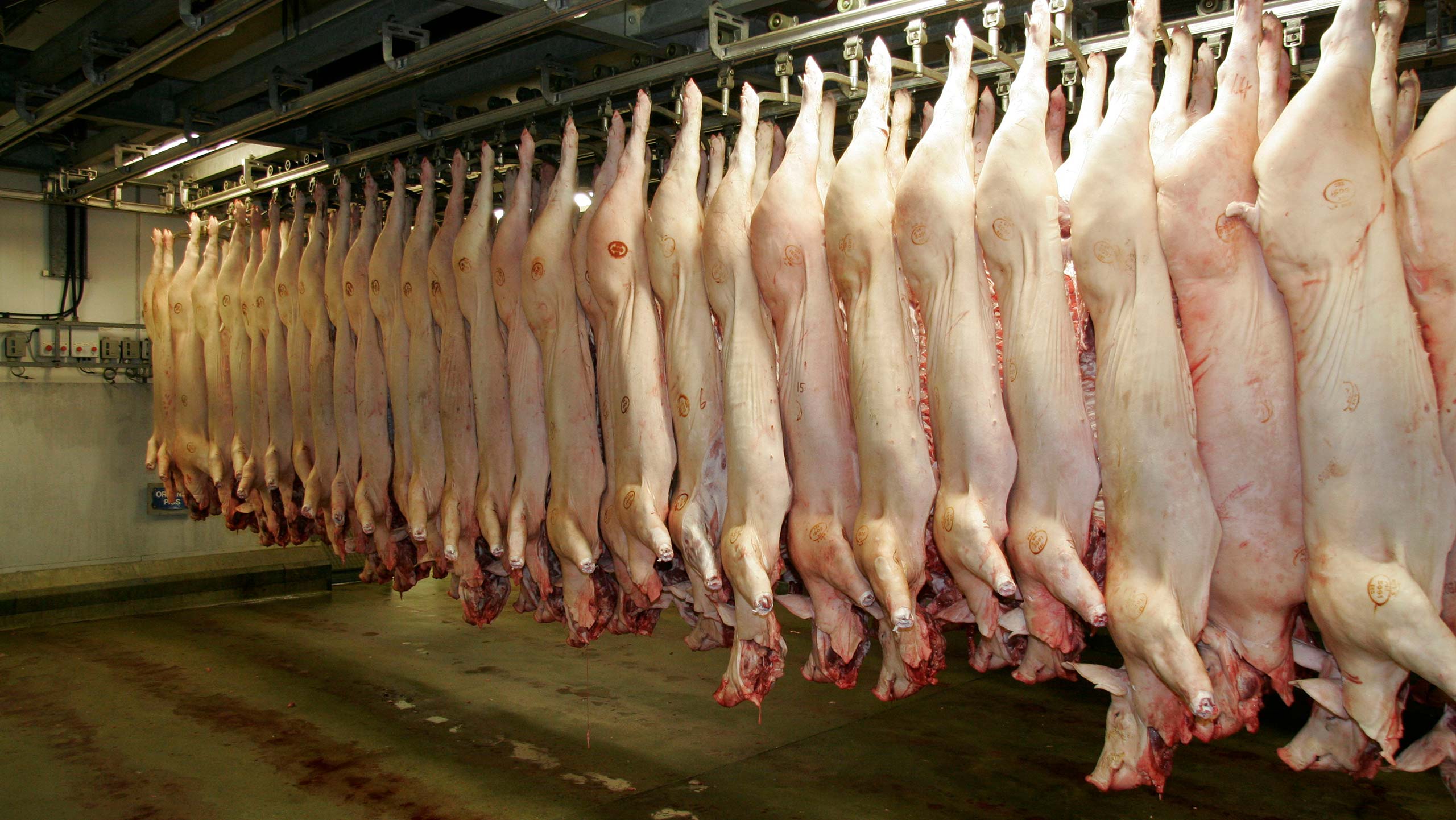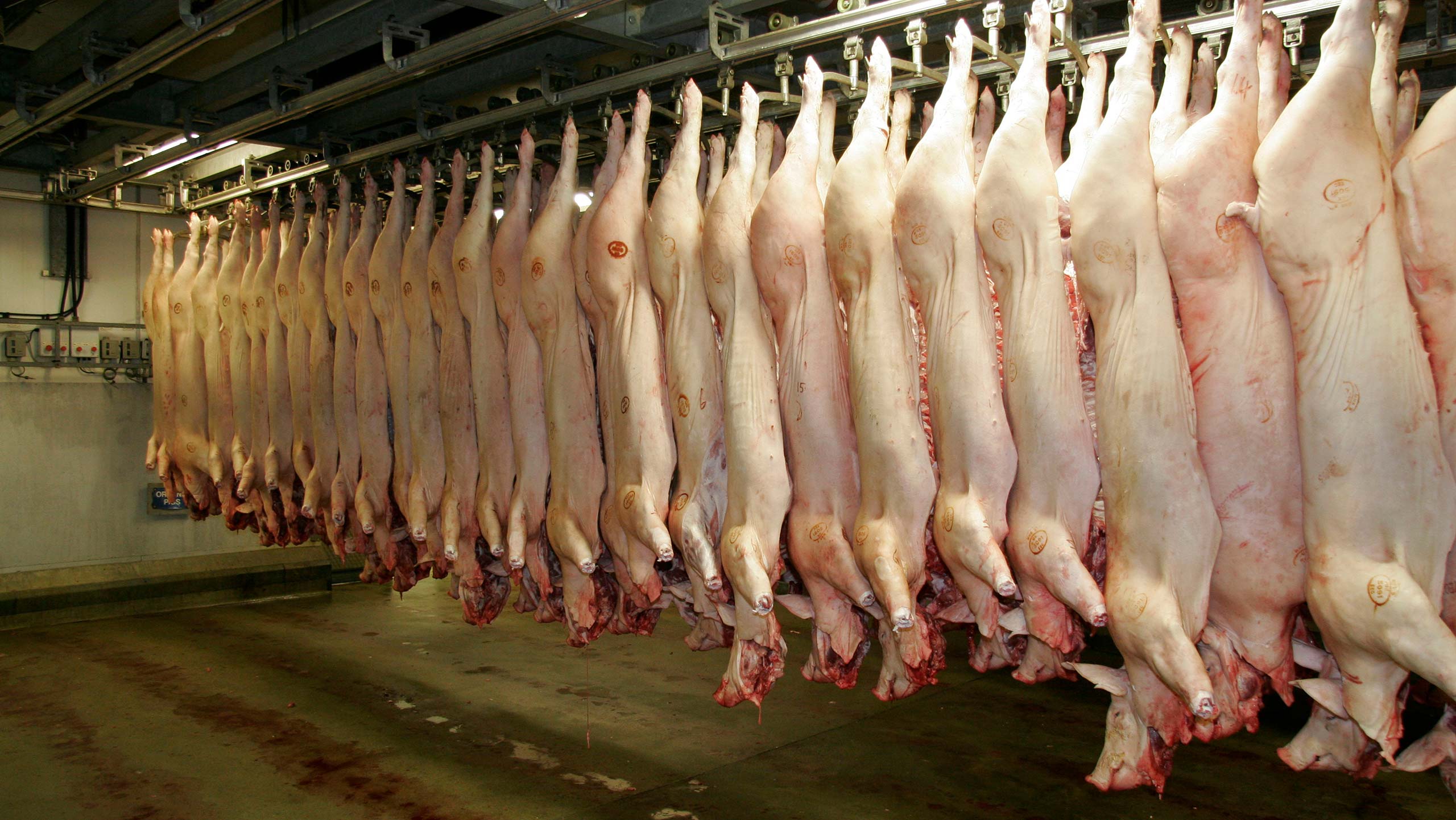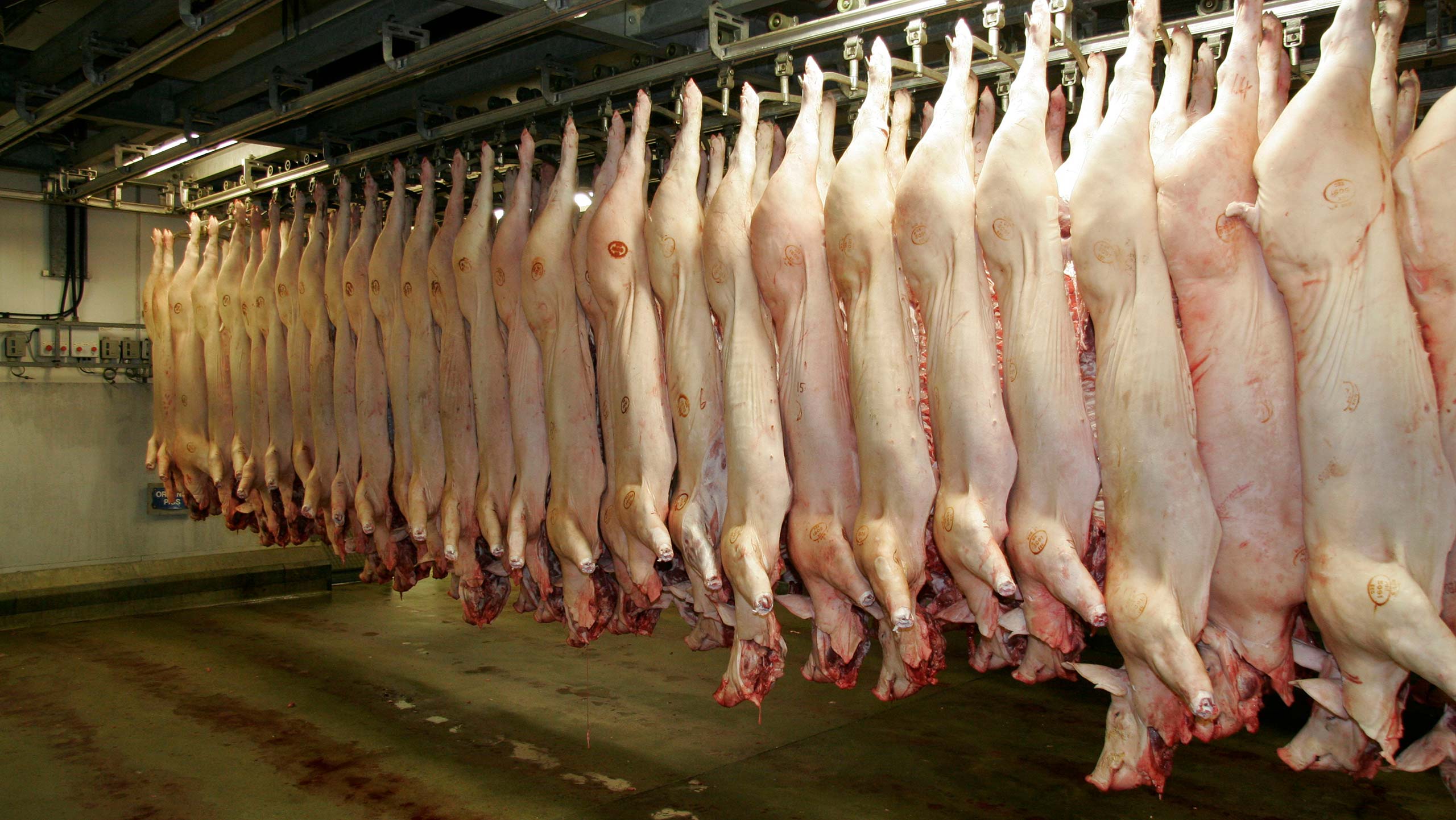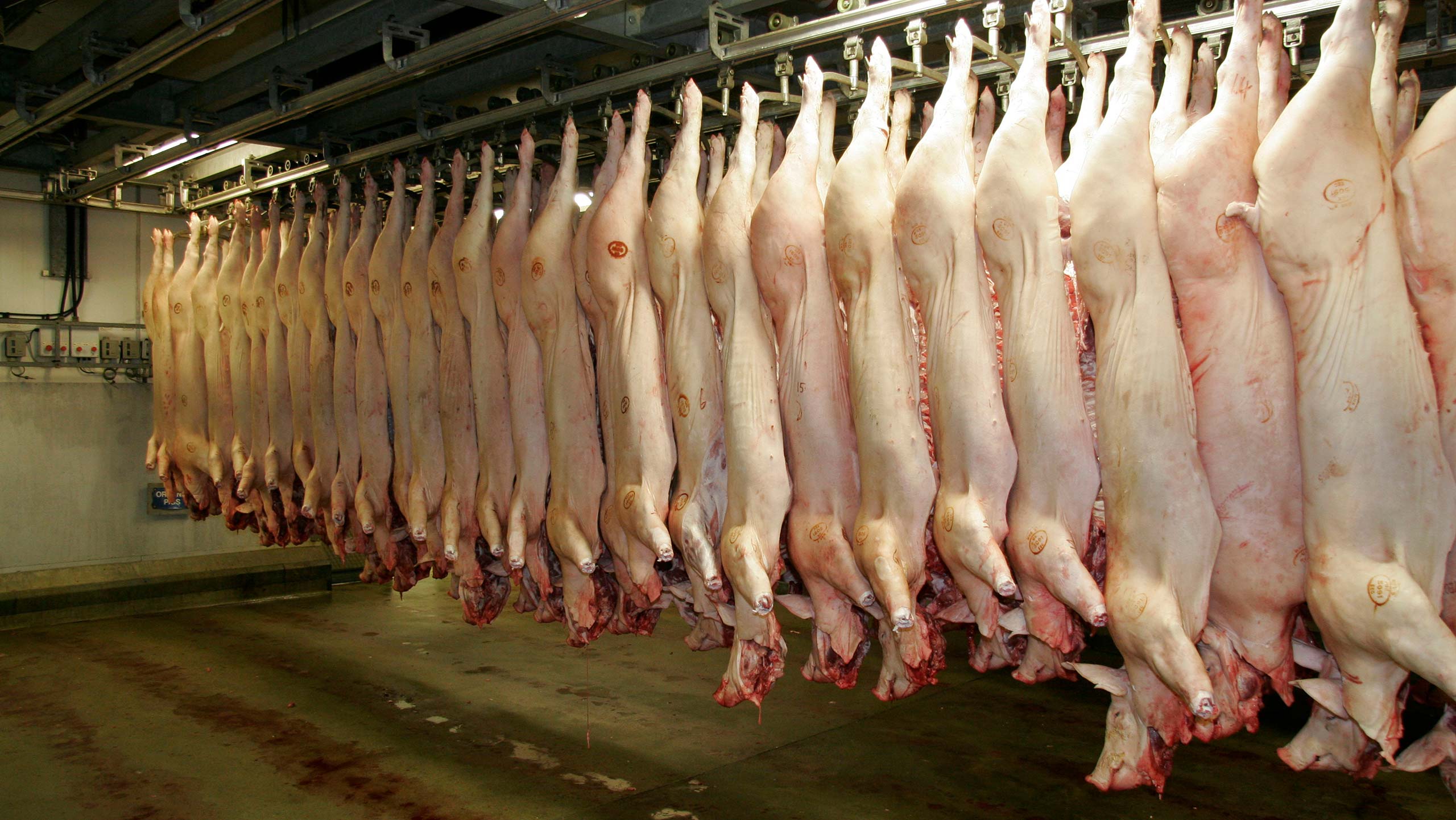When operating an abattoir, maintaining precise temperature control throughout your cold storage facilities isn't just about f…
Abattoir Public Liability Insurance: Protecting Your Meat Processing Business from Third-Party Claims
Operating an abattoir involves significant risks that extend beyond your premises and employees. Public liability insurance is essential protection for meat processing facilities, covering claims from third parties who may suffer injury or property damage due to your business operations. This comprehensive guide explores why abattoir public liability insurance is crucial and how it protects your business.
What is Abattoir Public Liability Insurance?
Abattoir public liability insurance provides financial protection when third parties claim compensation for injuries or property damage allegedly caused by your meat processing operations. This includes visitors, suppliers, contractors, customers, and members of the public who may be affected by your business activities.
The insurance covers legal costs, compensation payments, and associated expenses when claims arise from incidents on your premises or related to your business operations. For abattoirs, this protection is particularly important given the industrial nature of operations and potential risks to various third parties.
Key Risks Covered by Public Liability Insurance
Visitor Injuries
Abattoirs regularly receive visits from livestock transporters, veterinary inspectors, customers, and regulatory officials. Slip and fall accidents on wet floors, injuries from moving machinery, or incidents involving livestock can result in significant compensation claims.
Supplier and Contractor Incidents
Feed suppliers, maintenance contractors, and equipment technicians face unique risks in abattoir environments. Public liability insurance covers claims when these third parties suffer injuries due to your premises conditions or operational activities.
Product-Related Claims
While product liability insurance specifically covers meat products, public liability insurance can provide additional protection for incidents involving meat handling, storage, or distribution that affect third parties on your premises.
Environmental Impact Claims
Abattoir operations can potentially affect neighboring properties through odors, waste management issues, or water contamination. Public liability insurance covers claims from affected third parties seeking compensation for property damage or loss of enjoyment.
Vehicle and Transport Incidents
Loading and unloading activities involving livestock transporters and meat delivery vehicles can result in third-party injuries or property damage. Coverage extends to incidents in your yard areas and loading bays.
Industry-Specific Liability Scenarios
Livestock Handling Incidents
Animals awaiting slaughter can be unpredictable, potentially causing injuries to visitors, inspectors, or contractors. Public liability insurance covers compensation claims and legal costs arising from livestock-related incidents.
Machinery and Equipment Accidents
Industrial meat processing equipment poses risks to third parties on your premises. Claims can arise from accidents involving conveyor systems, cutting equipment, or refrigeration units affecting visitors or contractors.
Hygiene and Contamination Issues
Food safety incidents affecting third parties, such as visitors becoming ill due to exposure to contaminated areas or poor hygiene practices, can result in compensation claims covered by public liability insurance.
Regulatory Inspection Incidents
Food Standards Agency inspectors, veterinary officials, and other regulatory personnel face unique risks in abattoir environments. Insurance covers claims when these officials suffer injuries during routine inspections or emergency visits.
Coverage Limits and Considerations
Minimum Coverage Requirements
Most abattoirs require public liability coverage of at least £2 million, though many operators choose £5 million or higher limits given the potential severity of claims in industrial meat processing environments.
Legal Defense Costs
Public liability insurance covers legal representation costs, expert witness fees, and court expenses when defending against third-party claims, even if the claims prove unfounded.
Emergency Response Coverage
Some policies include coverage for emergency response costs when incidents require immediate action to prevent further injury or damage to third parties.
Exclusions and Limitations
Employee Injuries
Public liability insurance doesn't cover injuries to your employees – these require separate employers' liability insurance, which is legally mandatory for most UK businesses.
Professional Advice Claims
Claims arising from professional advice or consultancy services require professional indemnity insurance rather than public liability coverage.
Intentional Acts
Deliberate acts causing injury or damage are typically excluded from public liability coverage.
Pollution Incidents
Standard public liability policies may exclude gradual pollution, requiring separate environmental liability coverage for comprehensive protection.
Factors Affecting Premium Costs
Business Size and Throughput
Larger abattoirs processing higher volumes of livestock typically face higher premiums due to increased exposure to third-party risks.
Safety Record and Procedures
Operators with strong safety management systems, regular training programs, and good claims history often qualify for reduced premiums.
Premises Condition
Well-maintained facilities with modern safety equipment and clear visitor protocols may attract lower insurance costs.
Location and Access
Abattoirs in urban areas or with complex access arrangements may face higher premiums due to increased third-party exposure.
Claims Management Process
Immediate Response
When incidents occur, immediately ensure third-party safety, document the scene, and notify your insurance provider within required timeframes, typically 24-48 hours.
Investigation Cooperation
Work closely with insurance investigators, providing accurate information and documentation to support efficient claims resolution.
Legal Representation
Your insurer will arrange legal representation when claims proceed to court, ensuring expert defense of your interests.
Risk Management Best Practices
Visitor Management
Implement comprehensive visitor induction procedures, provide appropriate personal protective equipment, and maintain clear signage highlighting potential hazards.
Regular Safety Inspections
Conduct frequent premises inspections, addressing slip hazards, equipment maintenance issues, and environmental concerns that could affect third parties.
Staff Training
Ensure employees understand their responsibilities regarding third-party safety and know how to respond appropriately to incidents involving visitors or contractors.
Documentation Systems
Maintain detailed records of safety procedures, incident reports, and risk assessments to support insurance claims and demonstrate due diligence.
Integration with Other Insurance Covers
Employers' Liability Insurance
While public liability covers third parties, employers' liability insurance protects against employee injury claims and is legally required for most businesses.
Product Liability Insurance
Specific coverage for meat products sold to customers, protecting against claims arising from contaminated or defective products after they leave your premises.
Professional Indemnity Insurance
Coverage for advice or consultancy services provided to customers or other businesses in the meat processing industry.
Property Insurance
Protection for your buildings, equipment, and stock, which may be damaged during incidents that also affect third parties.
Regulatory Compliance
Food Standards Agency Requirements
Ensure your public liability coverage meets FSA requirements for meat processing facilities, particularly regarding visitor safety and contamination risks.
Local Authority Licensing
Many local authorities require proof of adequate public liability insurance as part of abattoir licensing conditions.
Industry Standards
Consider coverage levels recommended by industry bodies and trade associations representing meat processors and abattoir operators.
Choosing the Right Coverage
Specialist Insurers
Work with insurers experienced in abattoir risks who understand the unique challenges of meat processing operations and can provide tailored coverage.
Policy Flexibility
Ensure your policy can adapt to changes in your operations, seasonal variations in throughput, and evolving industry regulations.
Claims Support
Choose insurers with strong claims handling capabilities and experience managing complex third-party liability claims in industrial food processing environments.
Regular Review Process
Annual Assessment
Review your public liability coverage annually, considering changes in business operations, regulatory requirements, and industry risk profiles.
Coverage Adequacy
Ensure coverage limits remain appropriate for your business size, location, and potential claim scenarios specific to abattoir operations.
Policy Updates
Stay informed about policy changes, new exclusions, or additional coverage options that may benefit your meat processing business.
Conclusion
Abattoir public liability insurance is essential protection for meat processing businesses facing significant third-party risks. From visitor injuries and contractor incidents to environmental claims and regulatory inspection accidents, comprehensive coverage protects your business from potentially devastating financial consequences.
The industrial nature of abattoir operations, combined with regular third-party presence on your premises, creates unique liability exposures requiring specialized insurance protection. By understanding coverage options, implementing strong risk management practices, and working with experienced insurers, you can protect your business while maintaining focus on efficient, safe meat processing operations.
Investing in appropriate public liability insurance demonstrates professional responsibility and provides peace of mind, knowing your business is protected against the unpredictable risks inherent in modern abattoir operations.


 0330 127 2333
0330 127 2333
